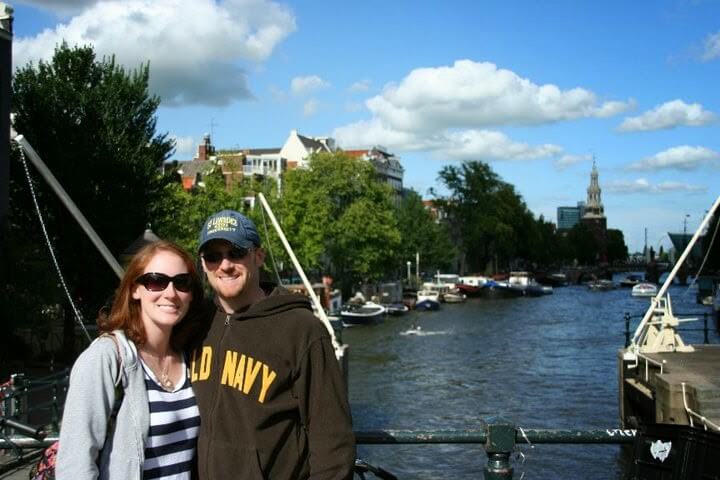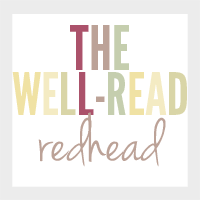Author: David McCullough
Publisher: Simon & Schuster
Publication Date: May 24, 2005
Source: personal purchase
Summary from Goodreads:
America's most acclaimed historian presents the intricate story of the year of the birth of the United States of America. 1776 tells two gripping stories: how a group of squabbling, disparate colonies became the United States, and how the British Empire tried to stop them. A story with a cast of amazing characters from George III to George Washington, to soldiers and their families, this exhilarating book is one of the great pieces of historical narrative.
My Review:
When I was in high school, history was not my favorite subject. I was more of a science girl, actually. (A close second: English. Because READ ALL THE THINGS!) I got high grades in history, but more because I was very good at memorizing things than because I had any actual interest in it. I scored a 2 (out of 5) on the AP US History exam, if that gives you any frame of reference.
However, part of me always felt like I should have more interest in history...I mean, it gives us a better understanding of ourselves, doesn't it? It's important to know from whence we came, yes? But it was so DRY. How could I care more about a subject that put me straight to sleep? Where could I find a history book that would change my tune?
I heard about David McCullough several years ago, and thought that maybe his work could be the ticket. As a historian, his books are well-researched and extremely detailed, but he also adds more of a human element to his analysis. This sounded like it would work better for me, but I was still nervous--hence the five-ish years that this book has been on my shelf, untouched.
Thanks to Nonfiction November, I decided that it was time to dive in, and as you may have expected, my initial inclinations were correct. Despite its high level of detail and dense text, I was engaged with this book from beginning to end.
This book is not, as I had previously thought, a history of the entire American Revolution. It is, as I should have maybe guessed from the title, specifically focused on the events that took place in 1776 (and a little bit of 1775, for background purposes). Once I figured that out, I thought, cool, I will get to read about how the Americans won the Revolutionary War! And then I realized, nope, the war didn't actually end until 1783. (Reminder: score of 2 on the AP US History test.)
In fact, 1776, despite the whole Declaration of Independence thing, was not a real banner year for Team America. We lost a lot of battles. Like, A LOT. George Washington made a whole slew of bad decisions for the army. Yet, by the end of the year, things had started to take a little swing--just enough to bring the tide back in our direction. McCullough describes all this at great length, but rather than just a dull list of dates and places, he provides insight into the hows and whys of each event. What was Washington thinking in the days before the Battle of Brooklyn? Who were his most trusted allies? What were the British expecting of the Americans before each battle--and how were they getting that intelligence? Who was a raging drunkard, or a traitor, or a dirty coward? These are all the intriguing little details that may have made history class more fun for me back in the day. Plus, he tells it from both sides (British and American), so you get a fuller view of the tense situation as it continued to develop.
That's not to say that this book will be for everyone. You do have to have some interest in the finer particulars of US history if you want to enjoy this book, otherwise you will get bogged down in the density of the text. But if you're looking for a piece of historical nonfiction that will both educate and entertain you, 1776 is a wonderful start. I will absolutely be checking out McCullough's backlist for more brain food!
Have you read any of McCullough's work? Are there any other historian authors out there whose books you've enjoyed?










